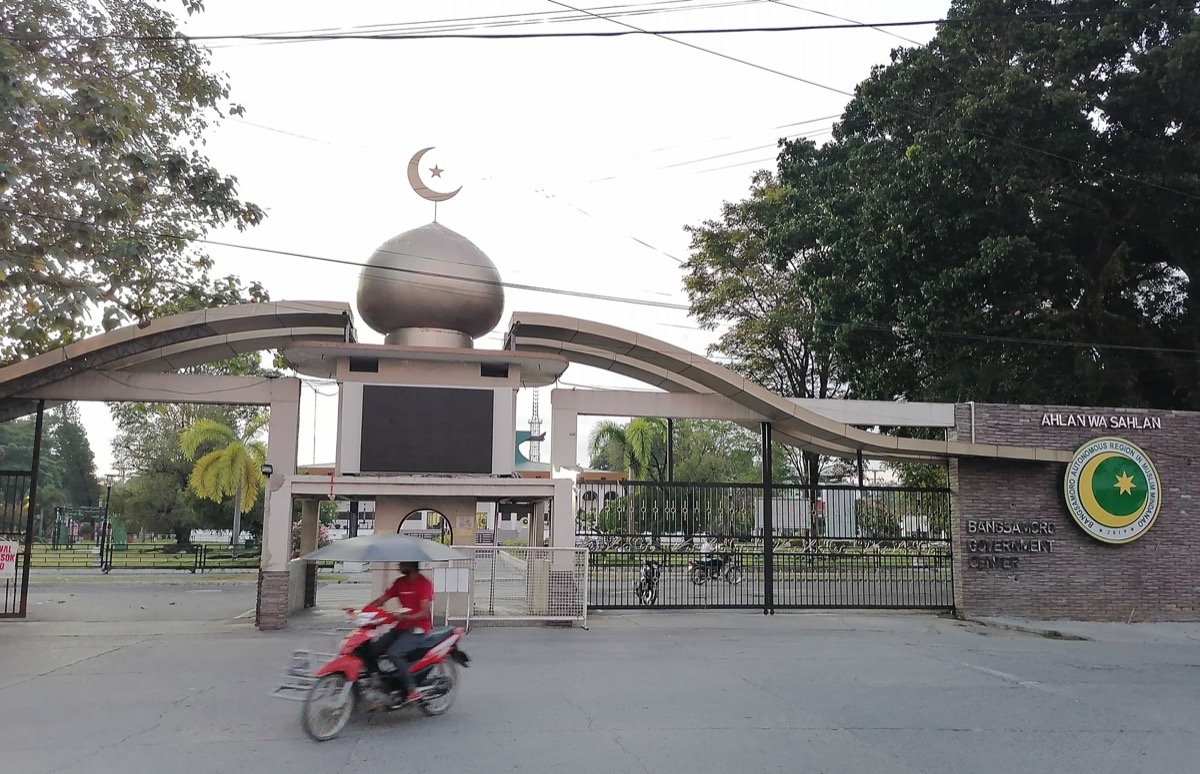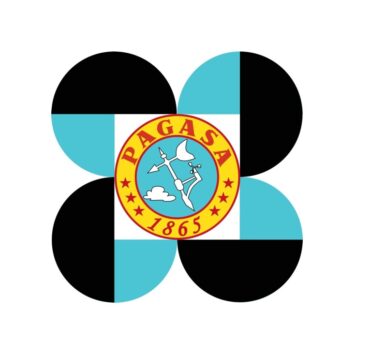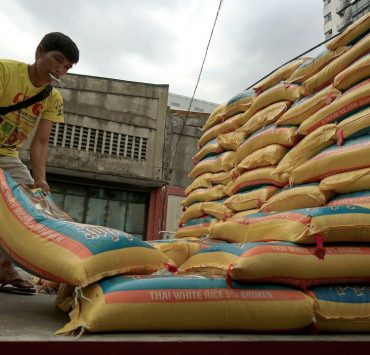Comelec changes schedule for BARMM parties

Candidates for the first Bangsamoro Parliamentary elections next year are scrambling to comply with the “recalibrated” rules set by the Commission on Elections (Comelec), following the Supreme Court’s decision excluding Sulu province from the autonomous region.
In a radio interview on Sunday, Comelec Chair George Garcia said the 16 regional political parties seeking accreditation from the poll body need to submit new requirements.
“Each of these political parties need to have 10,000 members under the Bangsamoro Electoral Code and the Bangsamoro Organic Law. But because of the recent Supreme Court ruling making Sulu province not part of BARMM (Bangsamoro Autonomous Region in Muslim Mindanao), the number of their members were diminished,” he said.
“We have already issued an order extending the deadline for the political parties to comply with the 10,000-member requirement,” Garcia added.
As of the May 2022 elections data, Sulu has 433,372 registered voters, which comprise 17 percent of the 2.6 million voters in BARMM.
The worst-case scenario, according to Garcia, would be none of the 16 political parties would be accredited and therefore could not participate in the 2025 polls, since none of them would be able to comply with the high membership requirement.
If the 40 out of the remaining 73 seats of the Bangsamoro parliament dedicated to political parties would not be filled at all, then it does not look like that the Bangsamoro people were properly represented,” he said.
An independent panel composed of representatives from the Institute for Autonomy and Governance, the Mindanao State University System and the Local Government Development Institute last year asked the Bangsamoro Transition Authority to ease the 10,000-member requirement in the registration of political parties.
The panel said the 10,000-member requirement will place extreme administrative burden on the Bangsamoro Electoral Office in verifying the identities of the members.
The cost was also “economically prohibitive and discriminatory,” with the effect of excluding small political parties and grassroots or community-based organizations, as the notarization of the forms could reach P2 million at the very least for each political party.
It suggested for the first parliamentary elections in 2025, a political party should have 1,000 members without requiring presence in other provinces. The membership requirement could be increased to 5,000 in 2028, and to 10,000 during the third BARMM parliamentary polls in 2031. INQ

















